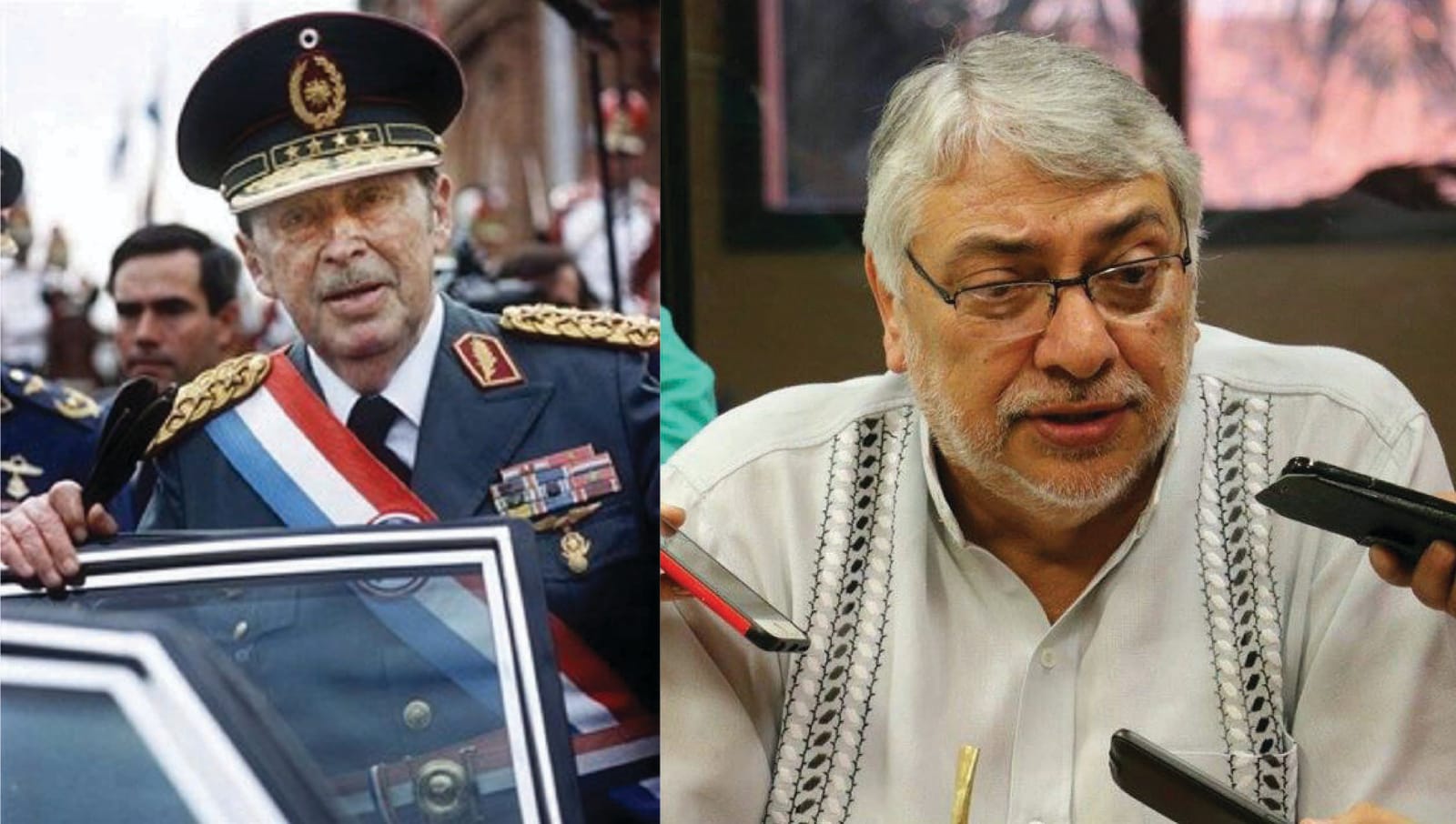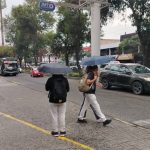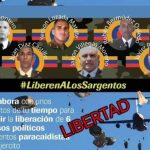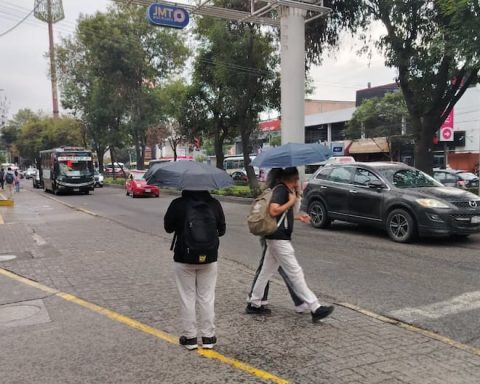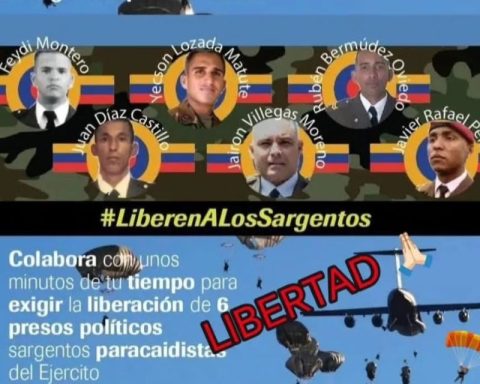In the last program “Mina en Casa”, which had as guests the former president Fernando Lugo and the Minister of the Interior, Euclides Acevedo, apart from talking about trajectories, political plans and the situation in which the opposition sector is currently, a expression expressed by the ex-president would resonate for many.
“I always say that if Stroessner retired in 1982 he would have been a great president,” he said and later, through a disclaimer, explain that he did not want to imply an affinity with the dictatorship, arguing his position completely contrary to authoritarianism, torture and inequality typical of the stronista regime.
Beyond the explanation, the overwhelming comments were immediate on social networks, however, what is the weight we give to an error, compared to concrete actions?
ESPERANZA MARTÍNEZ
For the Senator of the Guasu Front, Esperanza Martínez, Lugo’s expressions undeniably represented “unhappy” phrases, but in that sense she does not believe that what the former president said corresponds to the historical position assumed by him.
“He was a fighter during the dictatorship and even in the midst of his government, he received the report of the Truth and Justice Commission, he apologized on behalf of the Paraguayan State to all the victims who suffered during Stroessner’s time, he promoted the recovery of memory created the human rights directorates in almost all the ministries, which were reversed in the time of Cartes, ”the parliamentarian quoted.
From his point of view, there is no doubt about the commitment made by Lugo in the face of the effects of the dictatorship, but the fact succumbed to some manipulations by various groups that do not take into account the errors.
“My father spent a long time in the Febrerista Party, he went through various persecutions and was exiled; My whole family was always involved in the fight for human rights and I believe that the Stroessner government constitutes a disastrous part of Paraguayan history ”, determined Senator Martínez.
Taking this into account, he reiterated that he found himself working closely with Lugo and therefore highlights his social responsibility in terms of rights, freedoms and individuality.
JORGE QUEREY
“He has always stood out for his coherence with the victims of the dictatorship, in truth he did not claim the dictatorship at any time and has already made the pertinent statements in this regard,” said Jorge Querey, senator for the Guasu Front.
Regarding Lugo’s expressions, the parliamentarian mentioned that we are currently in constant degradation of expressions, but apart from that reality there are things that society as such cannot forget and stronism is categorized there, since any minimal mention of that time generated animosity in a large part of the citizenry.
However, despite all the struggle and fixed position for freedom, Senator Querey stressed that in our society there are still slight signs inherited by the dictatorship, in terms of vindication towards authoritarian figures and intolerances.
FABIÁN CHAMORRO
“I am not sure what Fernando Lugo wanted to express, but I doubt that his intention was to vindicate the Stroessner dictatorship because he knows what it is to see his rights violated by the simple fact of being a relative of an opponent of the dictatorship,” said the historian Fabián Chamorro, adding that perhaps he tried to refer to the constant reelection established by Stroessner after 1982, which ended up maintaining a nefarious, corrupt and violent system in history.
The analyst said that Lugo was constantly persecuted for being a relative of Epifanio Méndez Fleitas, who became a prohibited figure after his exile, and all that value burden dragged from the dictatorship is almost impossible for the former president to claim.
“Besides that there is nothing to highlight before 1982 because very soon Stroessner was establishing repression, authoritarianism and persecution of people who did not agree with his regime,” said Chamorro; This is without mentioning the Easter Dolorosa of 1976, which consisted of a repressive wave of the National Police against peasant groups accused of belonging to a movement contrary to the dictatorship.
